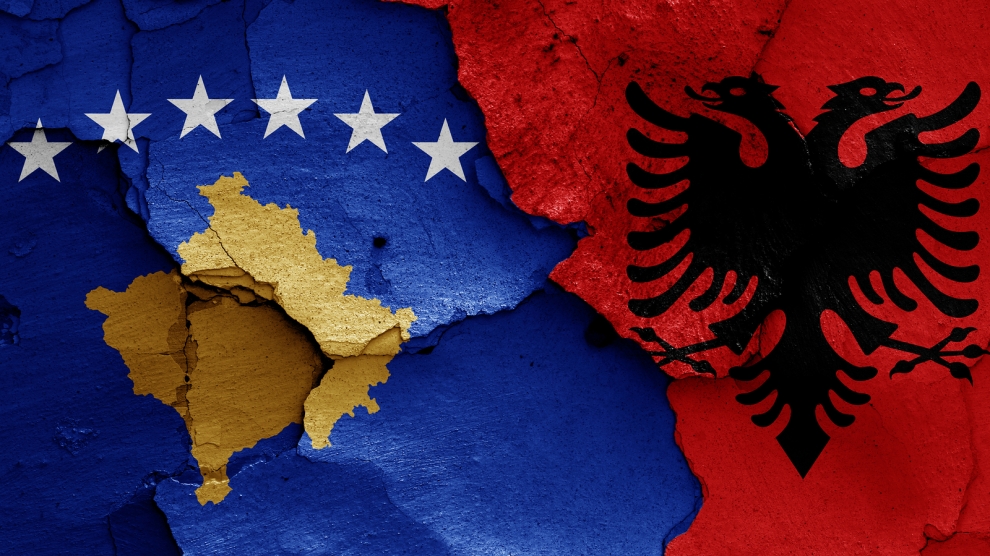
December 23, 2019
Emerging Europe
An initiative to create a ‘Mini-Schengen’ zone in the Western Balkans is driving an increasingly large wedge between Albania and Kosovo.
The idea was first mooted in October when the leaders of Albania, North Macedonia and Serbia agreed to explore the possibility of creating a passport and duty-free zone that would allow the free movement of people, goods, services and capital between participating countries and invited Bosnia, Kosovo, and Montenegro to join them.
Since then, two further meetings have been held. The latest was in Tirana, Albania, on December 21, attended by Montenegrin president Milo Đukanović, Serbian president Aleksandar Vučić, Albania’s prime minister Edi Rama and the prime minister of North Macedonia Zoran Zaev.
After the summit, Mr Vučić said important decisions had been made to promote trade between the four countries.
“We discussed how to improve trade, facilitate the flow of goods, services and capital, and make important decisions. This is of great importance for the entire region,” said Mr Vučić at a joint conference.
Mr Rama added that the European Commission is ready back the Mini-Schengen zone and will allocate 1.2 billion euros next year to implement it.
“These are not loans but grants,” said Mr Rama.
Kosovo has so far refused to join the initiative, which its outgoing prime minister, Ramush Haradinaj, has claimed is a trick designed to facilitate the removal of the high tariffs Kosovo placed on Serbian and Bosnian goods last year in retaliation for their continued refusal to recognise the country’s independence.
“We don’t need a Mini-Schengen with Serbia as the capital,” he said. “This is all done to revoke the tariff, a bypass to revoke the tariff.”
This provoked a harsh response from the Albanian PM, who called Mr Haradinaj a “liar”.
“Mr Haradinaj is a liar who has lied again; he lies due to ignorance or on purpose, I haven’t been able to find this out and I don’t plan to, but the truth is he is a liar,” said Mr Rama.
By the time the next summit on creating the Mini-Schengen zone is held, in Belgrade in February, it is likely that the hardline Mr Haradinaj – who resigned earlier this year following his indictment by the war crimes tribunal in The Hague – will be gone. Kosovo is currently in the process of forming a new government following elections in October, with Albin Kurti, a former student leader who led non-violent demonstrations against Serbia at Prishtina University in the 1990s and later spent two years in prison on spurious charges of ‘jeopardising Yugoslavia’s territorial integrity’, widely expected to be the country’s next prime minister.
Mr Kurti recently hinted that he would take a different approach to negotiations with Serbia, saying that negotiations with Serbia should not be centered on territory but on the rights of citizens and the needs of communities.
However, Mr Kurti – who previously supported the creation of a Greater Albania including both Albania and Kosovo – has downplayed the Mini-Schengen initiative by suggesting that Tirana should first concentrate on a deal with Prishtina.
Albania, Serbia, North Macedonia, Kosovo, Montenegro and Bosnia – as well as Moldova – are already part of the Central European Free Trade Area (CEFTA), which aims to facilitate the movement of goods and free trade between these countries until they join the European Union.
No comments:
Post a Comment